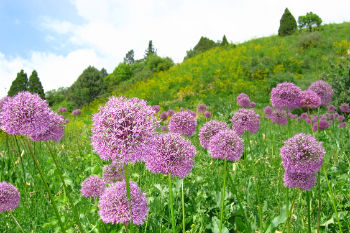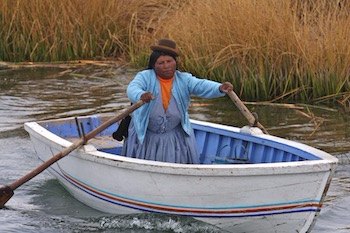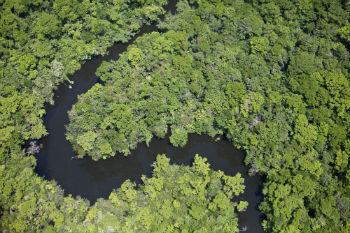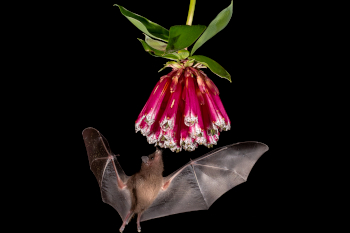Main menu
CEPF is a joint initiative of l’Agence Française de Développement, Conservation International, the European Union, Fondation Hans Wilsdorf, the Global Environment Facility, the Government of Japan and the World Bank.
Visitez le site français コア情報の日本語翻訳を読むOr use Google Translate to translate the English site to your language:
GTranslate
Government of Canada Provides US$14.4 Million for Biodiversity and Gender Equity
Funding will support efforts in the Tropical Andes, Cerrado and Indo-Burma biodiversity hotspots
30 October 2024
30 October 2024
The Government of Canada has announced $20 million Canadian (US$14.4 million) in new funding for CEPF to support biodiversity conservation and gender equity.
The investment will go to civil society organizations in the Tropical Andes, Cerrado and Indo-Burma biodiversity hotspots—biologically rich ecosystems that are essential to humanity, yet highly threatened. Canada’s contribution will advance gender equality by strengthening leadership skills among women conservationists. It will also enhance locally driven conservation in Key Biodiversity Areas through financial and technical support.
The funding to CEPF was one of seven projects, worth a total of $62 million Canadian, that aim to protect biodiversity in regions around the world, with a particular focus in Latin America.
“Canada recognizes that biodiversity loss poses a fundamental threat to people, the planet and the global economy. We share the environment and depend on it for our livelihoods, survival and well-being. Canada’s support for Indigenous peoples, women and girls, and all actors working to counter biodiversity loss will help ensure that our communities and ecosystems are resilient and able to thrive," said Ahmed Hussen, Minister of International Development, in the Government of Canada's news release announcing the contribution.
"CEPF is grateful to the Government of Canada for its leadership on the critical issues of biodiversity conservation and gender equity," said Olivier Langrand, CEPF's executive director. "This investment supports communities and civil society organizations to put into action conservation strategies for some of the world’s most important sites for biological diversity—biodiversity hotspots. It is essential for lasting human and environmental well-being that we conserve these vital resources while ensuring that the sustainable use of biodiversity benefits women and men equitably. These actions will result in important contributions toward the targets of the Global Biodiversity Framework."
See the English version of the news release here, and the French version here.





